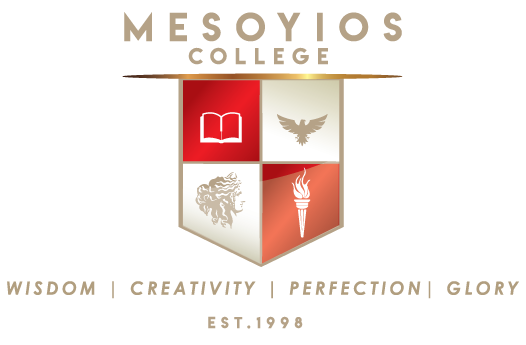Programme’s purpose and objectives
Programme’s purpose:
The English Language Foundation Course is designed to prepare international students for successful entrance to Higher Education Institutions in Cyprus by enhancing their language proficiency. This course focuses on developing the students’ English language skills in listening, speaking, reading, and writing, as well as building their academic language and communication skills required for successful study in a Higher Education Institution.
Programme’s objectives:
- Attain proficiency in all language skills: listening, speaking, reading, and writing.
- Develop academic vocabulary and language necessary for Higher Education studies.
- Enhance communication skills for academic and social interactions.
- Gain confidence in participating in class discussions and debates and presenting academic topics.
- Improve critical thinking and analytical skills through reading and writing tasks.
Intended learning outcomes in accordance with the European qualifications framework
Upon successful completion of the Foundation Program in English Language, students will:
- Language Proficiency: Develop an intermediate level of proficiency in the English language, including grammar, vocabulary, and pronunciation, enabling students to communicate effectively in various everyday situations.
- Reading Skills: Comprehend and analyze moderately complex texts, articles, and excerpts from different sources (such as newspapers, academic texts, or literature) to extract essential information and understand the main ideas and arguments.
- Writing Skills: Produce coherent and detailed texts on various topics, expressing opinions, arguments, and personal experiences using appropriate grammar, vocabulary, and organizational structures.
- Listening Skills: Understand the main points and specific information in spoken English, such as lectures, discussions, interviews, and presentations, delivered at a moderate pace with some complexity.
- Speaking Skills: Engage in conversations and discussions on familiar and some unfamiliar topics, express opinions, participate in group discussions, and give short presentations with relatively clear pronunciation and appropriate language use.
- Cultural Understanding: Develop an understanding of cultural nuances and contexts related to the English language, including social norms, customs, and practices prevalent in English-speaking countries.
- Language Strategies: Acquire strategies to enhance language learning independently, such as using resources effectively, expanding vocabulary, self-correcting, and improving language skills through various methods (e.g., self-study, language exchange, etc.).
- Grammar and Vocabulary: Consolidate and expand knowledge of grammar rules, tenses, sentence structures, idiomatic expressions, and vocabulary relevant to everyday and academic contexts.
- Critical Thinking Skills: Apply critical thinking skills to analyze and evaluate information presented in English, allowing students to form opinions, make inferences, and draw conclusions from texts or spoken content.
- Language Fluency: Develop increased fluency and confidence in using English in different contexts, leading to better communication and interaction both academically and socially.
STRUCTURE OF THE PROGRAMME OF STUDY
| PROGRAMME REQUIREMENTS | ECTS |
| Compulsory courses: | |
| Introduction to the language expectations of the course and Academic | N/A |
| Environment I | N/A |
| Listening and Speaking Skills Development I | N/A |
| Reading Skills Enhancement I | N/A |
| Writing Skills Enhancement I | N/A |
| Academic Vocabulary and Language I | N/A |
| Language Practice and Application I | N/A |
| Introduction to the language expectations of the course and Academic | N/A |
| Environment II | N/A |
| Listening and Speaking Skills Development II | N/A |
| Reading Skills Enhancement II | N/A |
| Writing Skills Enhancement II | N/A |
| Academic Vocabulary and Language II | N/A |
| Language Practice and Application II | N/A |
| Total ECTS | N/A |

